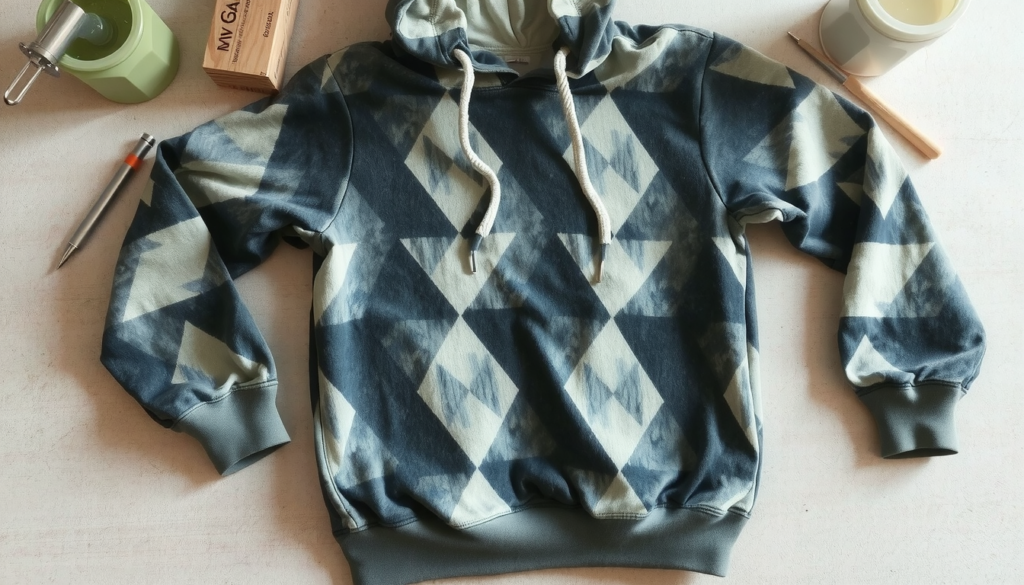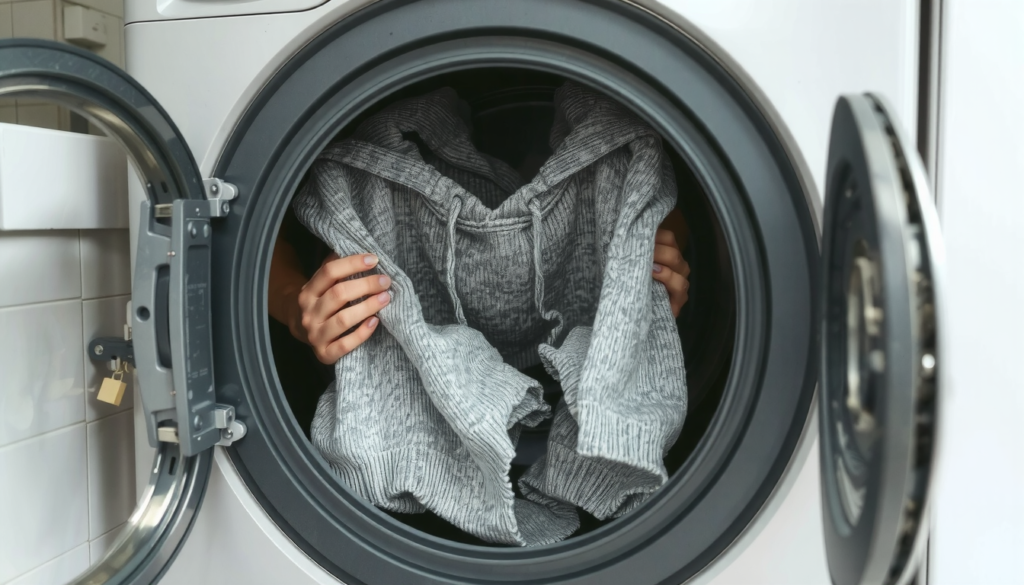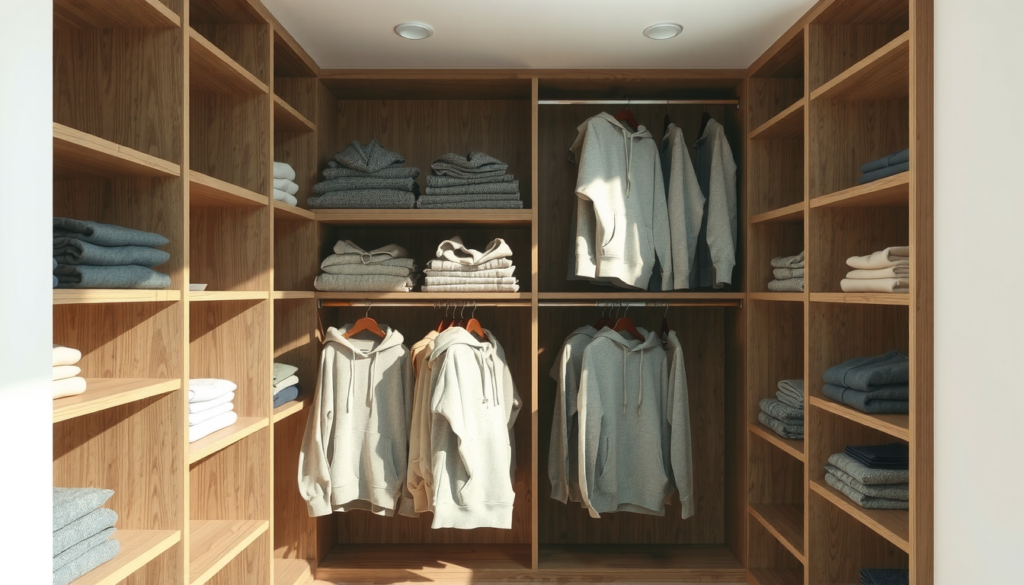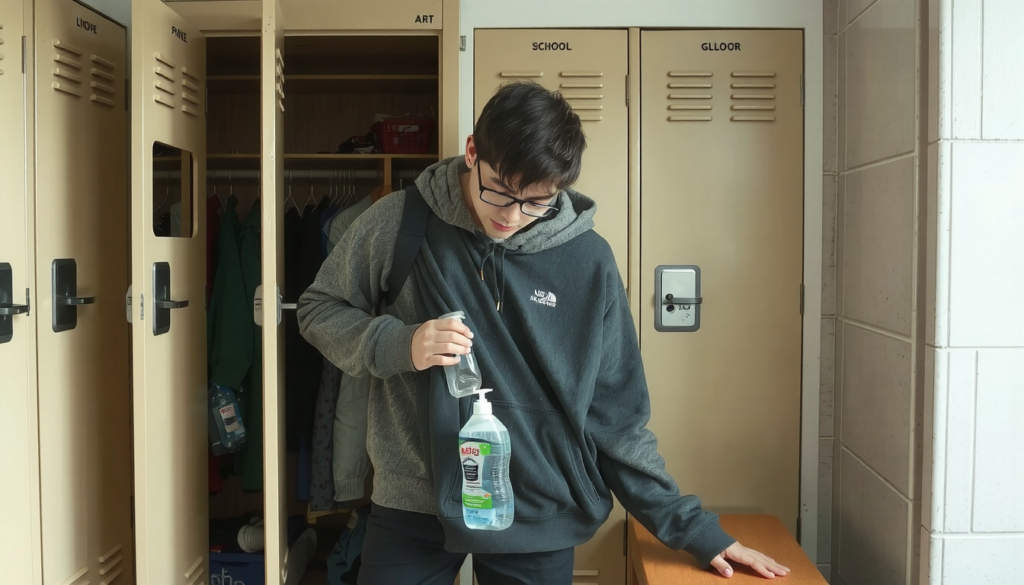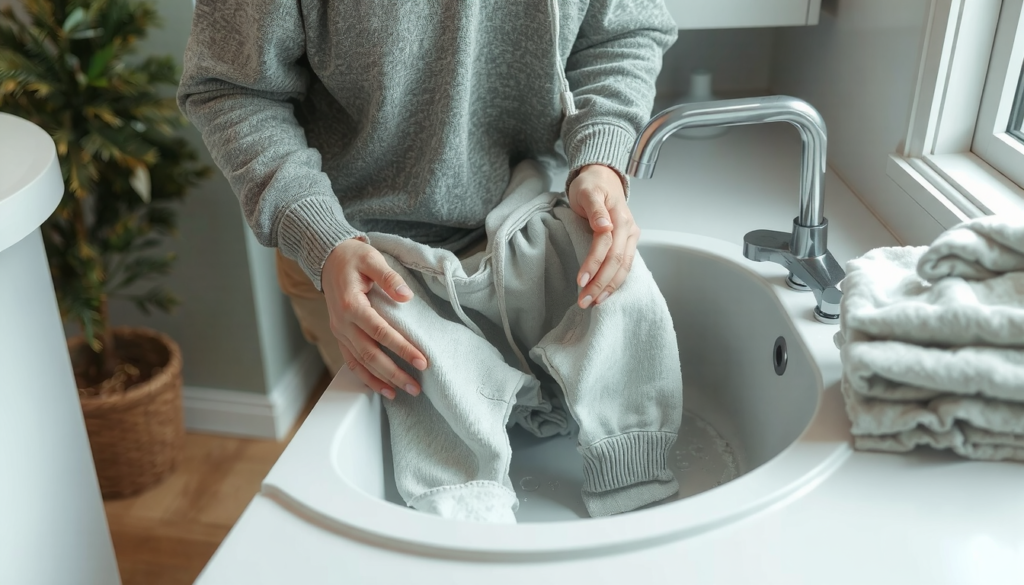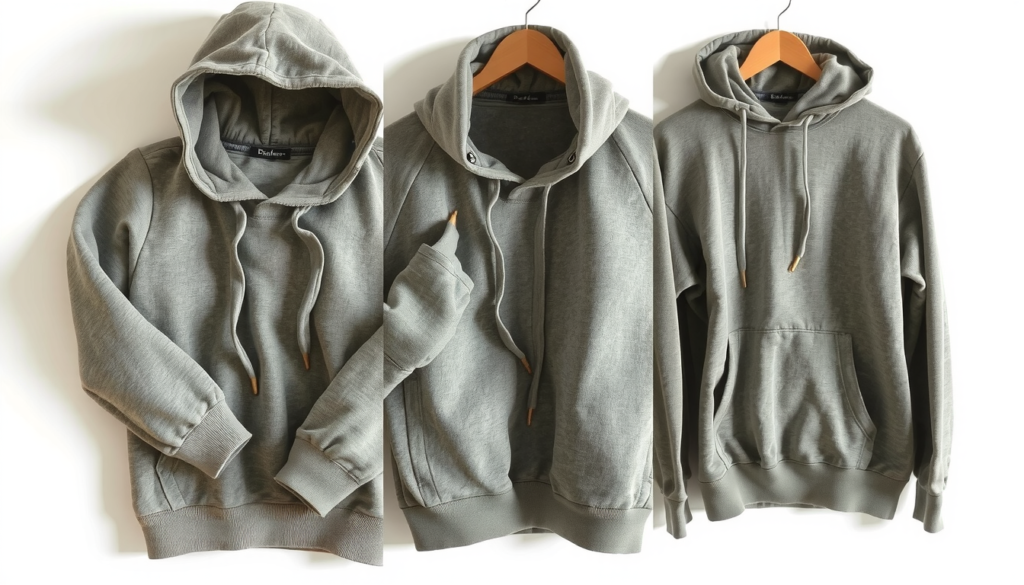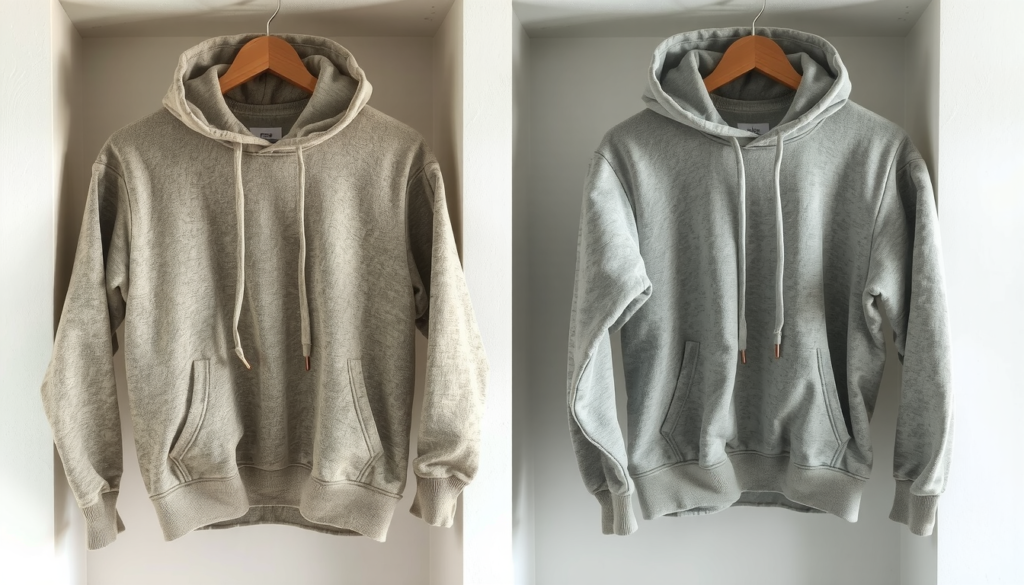Looking for “where to sell clothes near me for cash”? You’ve found the perfect guide. All those clothes you don’t wear anymore aren’t just taking up space—they can put money in your pocket.
This guidebook does more than leaning shop ,.It collpse you a clear program to get the most csh for your drss without ravage clip .
We’ll tell you which stores want what kinds of clothes. Then we’ll share tips to help you sell successfully. Time to turn your old clothes into money.
First, A Crucial Choice: What Kind of Store is Right for Your Clothes?

Piicking the correctt depot is key before youu carry up your apparel . Going to the incorrect berth will devastate your meter and end in rejection .
You need to match your clothes to what the store’s customers want. This first step makes it much more likely that you’ll leave with cash in hand.
We’ll look at three main types of stores that buy clothes directly: Trendy Resale Chains, Classic Consignment Shops, and Local/Vintage Boutiques. Knowing the difference matters a lot.
This table shows where your clothes have the best chance of selling.
| Feature | Trendy Resale Chains | Classic Consignment Shops | Local & Vintage Boutiques |
|---|---|---|---|
| Best For | Current styles (last 1-2 years), fast-fashion brands (Zara, H&M), teen & young adult clothing | Designer labels (Coach, Kate Spade), high-end contemporary brands, timeless pieces | True vintage (20+ years old), unique/quirky items, specific aesthetics (e.g., Y2K, 70s) |
| Payout Model | Instant Cash (usually 25-35% of their price) or Store Credit (higher value, ~50%) | Payment After Sale (you get a percentage, typically 40-60%, after your item sells) | Varies; can be instant cash, consignment, or trade |
| Speed | Fastest. Get paid on the spot. | Slowest. Can take weeks or months to get paid. | Varies by store policy. |
| Typical Vibe | Busy, loud, trend-focused. | Quieter, curated, boutique-like. | Eclectic, niche, community-focused. |
The Go-To Options: A Deep Dive into National Resale Chains

National resale chains are best for most people who want quick cash. These stores are easy to find, have clear rules, and pay you right away.
Plato’s Closet
- Best For: Gently used, trendy clothing and accessories for teens and young adults. They love brands like American Eagle, Lululemon, Urban Outfitters, Pacsun, and Brandy Melville. If it was popular on TikTok in the last 18 months, it has a good chance here.
- The Process: When you walk into a Plato’s Closet, expect a vibrant, often busy atmosphere geared towards a younger crowd. No appointment is needed. You’ll bring your bin or bag of neatly folded clothes to the buy counter, provide your ID, and they will start the sorting process. You’re then free to browse the store while a certified buyer reviews your items. This can take anywhere from 20 minutes to over an hour, depending on how busy they are.
- Payout: They will present you with an offer for the items they wish to purchase. You can choose instant cash (typically around 30-35% of the price they’ll sell it for) or opt for store credit, which is usually valued higher (around 50%).
Buffalo Exchange
- Best For: A much broader range of styles for all genders. Buffalo Exchange is known for accepting current trends, but also high-quality vintage, genuine designer pieces, and unique, one-of-a-kind items. They have a more eclectic and less teen-focused vibe than Plato’s Closet.
- The Process: The experience is very similar to Plato’s. You walk in with your items and your ID, and a buyer assesses your clothes at a counter. Because their style criteria are broader, they might be more selective but are also open to more interesting pieces. They are looking for the best of all seasons, all year round.
- Payout: The options are clear: you receive 25% of their selling price in cash on the spot, or you can take 50% of the value in a store trade card that can be used at any Buffalo Exchange location.
Crossroads Trading
- Best For: Contemporary, on-trend, and designer-leaning brands. Think of it as a step up from Plato’s Closet, targeting a slightly older (20s-30s) and more fashion-conscious demographic. They appreciate brands like Madewell, J.Crew, and entry-level designer labels, but are also open to high-quality vintage.
- The Process: Crossroads offers walk-in selling at all their locations. Their buyers are trained to spot current trends and a well-cared-for garment. Like the others, you bring your items and ID. One unique feature is their “mail-in” option, where you can send a bag of clothes to them for assessment if you don’t live near a store.
- Payout: You typically receive about 30% of their selling price in cash or 50% in trade credit. They also offer a consignment option for higher-end items (like a designer handbag), where you’ll get a larger percentage, but only after the item sells.
The Insider’s Playbook: How to Maximize Your Payout and Avoid Rejection

Anyone can bring clothes to a store. Getting good money takes some planning.
1. Meticulous Preparation is Non-Negotiable.
This goes far beyond just washing your clothes. The buyers are looking for flaws, and finding one is the quickest way to get an item rejected. Before you leave the house, inspect every single item in bright light. Check collars and underarms for slight discoloration. Confirm all buttons are present and all zippers work smoothly. Look for pilling, stains, or snags. Freshly laundering and ironing or steaming your items shows that they have been well-cared for.
2. Think Like a Buyer: Seasonality and Style.
Stores buy what their customers are buying right now. This means you need to sell in-season or slightly ahead of the season. Don’t bring heavy winter coats in May. Aim to sell shorts and sundresses in April or May, not in late August when they are about to go on clearance. Furthermore, do your homework. Spend five minutes on the store’s Instagram or website. See what styles they are promoting. As local style experts point out, resale businesses are style-based and prefer trendy clothing, so matching their current aesthetic is crucial.
3. Presentation Matters.
How you present your clothes sends an immediate signal about their quality. Neatly fold your items and place them in a structured laundry basket, a tote bag, or a reusable shopping bag. Avoid bringing them in a crumpled trash bag. This small detail makes the buyer’s job easier and subconsciously communicates that these items are valuable, not discardable. It creates a professional and respectful first impression.
4. Cultivate the Right Mindset.
Here’s a piece of first-hand advice: understand that rejection is rarely personal. A buyer might reject a fantastic item simply because they are overstocked on that category (e.g., they have 200 pairs of black jeans in the back). They operate on inventory needs and sales data. Be friendly and polite, even if they don’t take everything. A positive attitude can make a difference and will be remembered if you become a regular seller. Ask them what they’re looking for next month; it shows you’re engaged and helps you prepare for your next visit.
How to Find the Best Local Consignment and Vintage Shops Near You
Big chains work well for many people. Your area likely has some hidden gems too—small consignment or vintage shops that might love your unique or high-end clothes.
Here are a few pro tips to locate these stores:
- Use Specific Search Terms: Go beyond a generic “clothes store near me” search. Use more targeted phrases in Google or Apple Maps. Try searching for “consignment boutique + [Your Town Name],” “vintage clothing shop + [Your Neighborhood],” or “upscale resale + [Your City].”
- Leverage Social Platforms: Instagram is a powerful tool for discovering local shops. Many smaller boutiques rely heavily on social media for marketing. Search for hashtags like #[YourCity]Vintage, #[YourCity]Resale, or #[YourCity]Secondhand. Check out who local fashion influencers are tagging.
- Ask the Community: Don’t underestimate the power of local knowledge. Check community-focused platforms. Post a question in a local subreddit (like r/Ask[YourCity]) or a neighborhood Facebook group. People are often happy to share their favorite spots to buy and sell.
Once you find a promising local shop, use this quick checklist to vet it before you go:
- Check their online reviews on Yelp or Google, paying close attention to recent feedback from other sellers.
- Review their website or social media to find their selling policy. Look for information on consignment terms, brands they like, and whether they require an appointment.
- Call ahead and ask what they are currently buying. This simple step can save you a trip and shows you respect their time and inventory needs.
The Bigger Picture: Selling Clothes as a Sustainable Choice

When you sell your unwanted clothes, you’re not just making extra cash. You’re helping the planet and taking part in the circular economy.
The fashion industry has a significant environmental footprint. Giving your clothes a second life directly combats this issue by extending the lifespan of a garment and reducing the demand for new production.
By keeping clothes in circulation, you play a role in reducing the immense environmental strain caused by clothing production and disposal. Every t-shirt or pair of jeans you sell is one less item heading to a landfill and one less new item that needs to be manufactured.
Selling your clothes locally is a win-win-win: you declutter your space, you make money, and you contribute to a more sustainable future for fashion.
Conclusion: Your Profitable and Sustainable Closet Cleanout Awaits
You now know how to find “where to sell clothes near me” successfully. Getting a cleaner closet and more money comes down to two main ideas.
First, choose the right type of store for the clothes you have. Second, take the time to meticulously prepare and present your items to maximize their value.
It’s time to open that closet, start sorting, and turn those forgotten items into cash.
FAQs:
- Where can I sell clothes near me for immediate cash in 2025?
Plato’s Closet, Buffalo Exchange, and Crossroads Trading offer immediate cash payments (25-35% of selling price) for trendy, gently-used clothing less than 2 years old. - What types of clothes sell best at local resale shops near me?
Current styles (1-2 years old) sell best at trendy resale chains, designer items at consignment shops, and unique vintage pieces (20+ years) at boutiques near you. - How do I prepare clothes to get the most money when selling near me?
Thoroughly inspect for flaws, ensure all zippers work and buttons are present, wash and iron each item, and present them neatly folded in a clean bag or basket. - Where is the best place to sell designer clothes near me?
Classic consignment shops typically offer the highest payout (40-60%) for designer brands like Coach and Kate Spade, though you’ll receive payment only after the item sells. - How can I find the best local vintage shops near me that buy clothes?
Search specifically for “consignment boutique + [Your Town]” or “[City] vintage” on Google and Instagram, and ask in local Facebook groups or community forums for recommendations.



